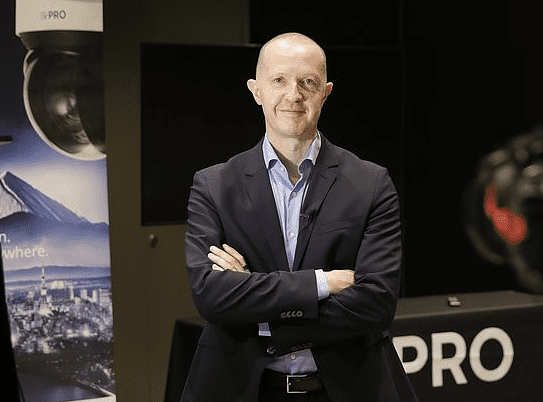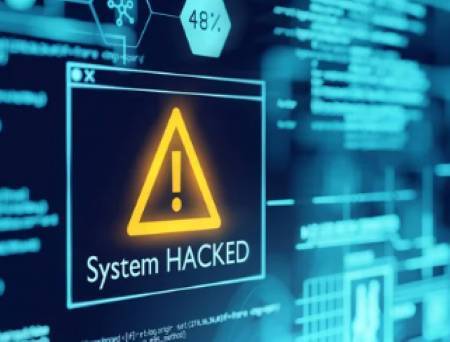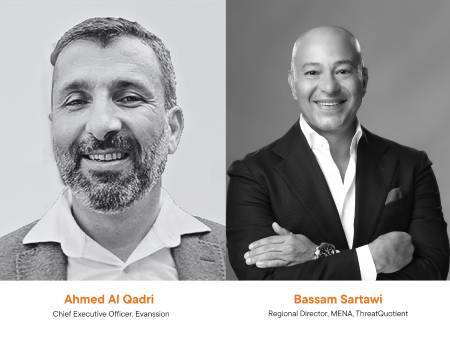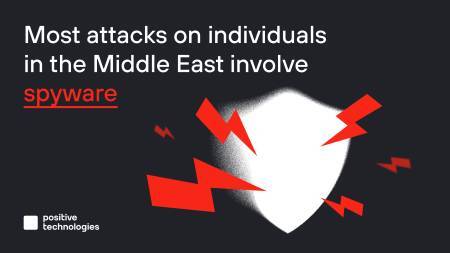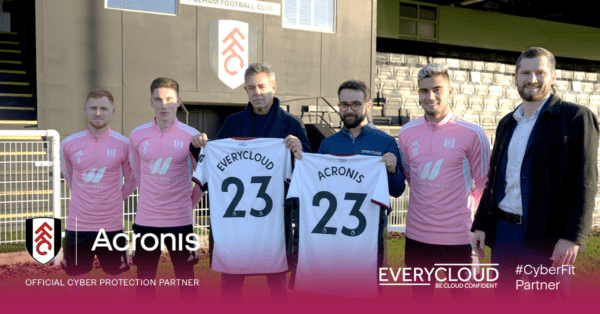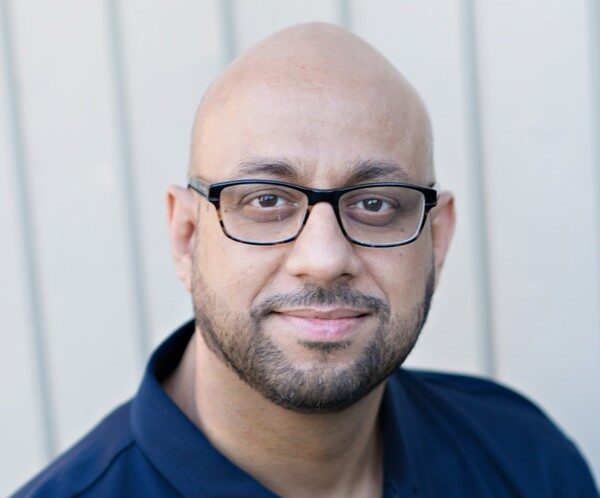Security Buyer Managing Editor sits down with Confidence Staveley, Africa’s most celebrated female cybersecurity leader
Confidence Staveley is a multi-award-winning cybersecurity influencer, pioneer and advocate for diversity and inclusion in the security industry. Having been awarded No.5 Most Influential Women in Digital Transformation 2021-2022, voted ABCD Africa’s 50 Most Impactful Voices 2023, featured as 40 under 40 in cybersecurity 2023, nominated No.20 African Women of Impact 2022 – Ventures Africa, awarded CyberSecurity Woman of the Year Award winner 2021 and 2022, named 2022 Obama Africa Leader, and so many more, she is perfectly placed to present a perspective in a number of areas, not just cybersecurity trends and challenges, but also mentoring, inclusion and training. It was a privilege for Security Buyer’s Managing Editor, Rebecca Spayne, to catch up exclusively with Confidence to pick her brain about some of the biggest challenges facing the Middle East and African security markets.
Could you please introduce yourself and what you do?
My name is Confidence Staveley and I often describe myself as Africa’s most celebrated female cybersecurity leader, talent developer, global speaker and inclusion advocate. I am passionate about driving gender inclusion in the cybersecurity industry, especially for women and girls in Africa. I have a knack for simplifying complex cybersecurity concepts, making it easier for people to understand and take action on best practices. For this reason, I have been nicknamed the relatable cybersecurity leader.
I am an official member of the Forbes Technology Council, an invitation-only community for world-class CIOs, CTOs, and technology executives. I have achieved numerous professional certifications and industry recognitions for my outstanding work. I won the Cybersecurity Woman of the Year Award in 2021 and 2022, IFSEC Global Top Influencer in Security &; Fire 2021, Top 50 women in Cybersecurity Africa, Meridian Global Leadership Award, etc.
I am an alumnus of some of the most prestigious fellowships across the world such as the 2021 Obama Foundation African Leaders, International Visitors Leadership Program (IVLP), etc. I have spoken at dozens of international conferences, including the Payment Card Industry Security Standards Councils Meeting in Europe and North America, The World Bank Digital Development Seminar, etc.; a testament of my global thought leadership and influence. I am also the Founder CyberSafe Foundation.
As an award-winning cybersecurity professional, you are considered an influencer in your field. How do you help other aspiring women in cybersecurity?
One major way I help to aspire women in cybersecurity is by just openly sharing about my journey and wins and leveraging my visibility to show aspiring women that they too can excel in this industry.
Also, a few years ago, I launched CyberGirls Fellowship as an initiative of CyberSafe Foundation. This initiative has arguably become Africa’s biggest female-focused novice-to-professional free cybersecurity training and mentorship program. Giving novel ways of attracting young women to cybersecurity, verifiable testaments of our impact and far-reaching positive word of mouth, we received over 20,000 applications from 45 African countries, for our 2023 cohort. 500 of these applicants have been accepted into this program after a competitive and thorough 4-stage selection process. We have typically seen 70% of our alumnus secure jobs in cybersecurity within 6 months of completing the training and experience between 300-1200% increase in their income.
How is the perception of women in security changing in the Middle East and Africa?
There’s never been a better time to be female and wanting to enter the cybersecurity industry in my region. There are now more programs and communities to support women looking to transition into the industry and this brings me joy. However, women are still grossly underrepresented. According to the World Bank, although women make up 50% of the population on the African continent, The Middle East and Africa have the lowest representation, with women contributing to 5% and 9% of the cybersecurity workforce respectively. Many factors are contributing this, including myths and stereotypes, poor digital literacy, lack of access to digital tools, digital safety issues, etc.
I am hopeful that with numerous programs driving awareness of the prospects of a career in cybersecurity for women, these numbers will significantly improve in few years.
You are the Founder of Cybersafe. Why did you launch this organisation and what is its purpose?
As Africa takes big leaps in its digital transformation journey, they are widening gaps between what the private sector and what government is doing to keep digital citizens safe online. This has resulted in heightened cybercrimes and declining digital trust, with surveys placing the annual cost of cybercrime in Africa at over US$3.5bn a year. My organisation was founded to help bridge this gap, especially in the areas of awareness and capacity building to drive safe and inclusive access across Africa, ensuring the most vulnerable people and businesses are protected.
In 5 years, we envision that we would have contributed significantly to improving the lives and security of 200 million Africans using novel approaches to cybersecurity education/awareness.
What are the biggest challenges currently facing the security industry when it comes to cyber vulnerability?
As an industry, we haven’t been successful at inspiring sufficient commitment especially with resources, for proactive and risk-based approaches to managing the myriad of cybersecurity risks.
Secondly, the lack of cyber talent and the will to think outside of the box to source and create the talents we need. We have created such high walls that we describe an entry into cybersecurity, as ‘breaking in’. In more ways than one, this is helping the bad actors,
There’s also a rise of insider threats and this type of attack is very difficult to detect and prevent with regards to managing vulnerability because these vulnerabilities could also be created by inaction of people. The very heightened requirement of an interconnected business world for innovation and its security implications has created a very wide attack surface that is increasingly difficult for security teams to protect, especially with very sparce resources.
There’s also the challenges of emerging technology and its attendant risks. So, while emerging technology has played a major role in ground-breaking solutions for industries like the health sector, it’s also presented a new set of cybersecurity challenges.
To read the full exclusive and other news stories and exclusives, see our latest issue here.
Never miss a story… Follow us on:
LinkedIn Security Buyer
Twitter logo @SecurityBuyer
Facebook @Secbuyer
Media Contact
Rebecca Morpeth Spayne,
Editor, Security Portfolio
Tel: +44 (0) 1622 823 922
Email: [email protected]



